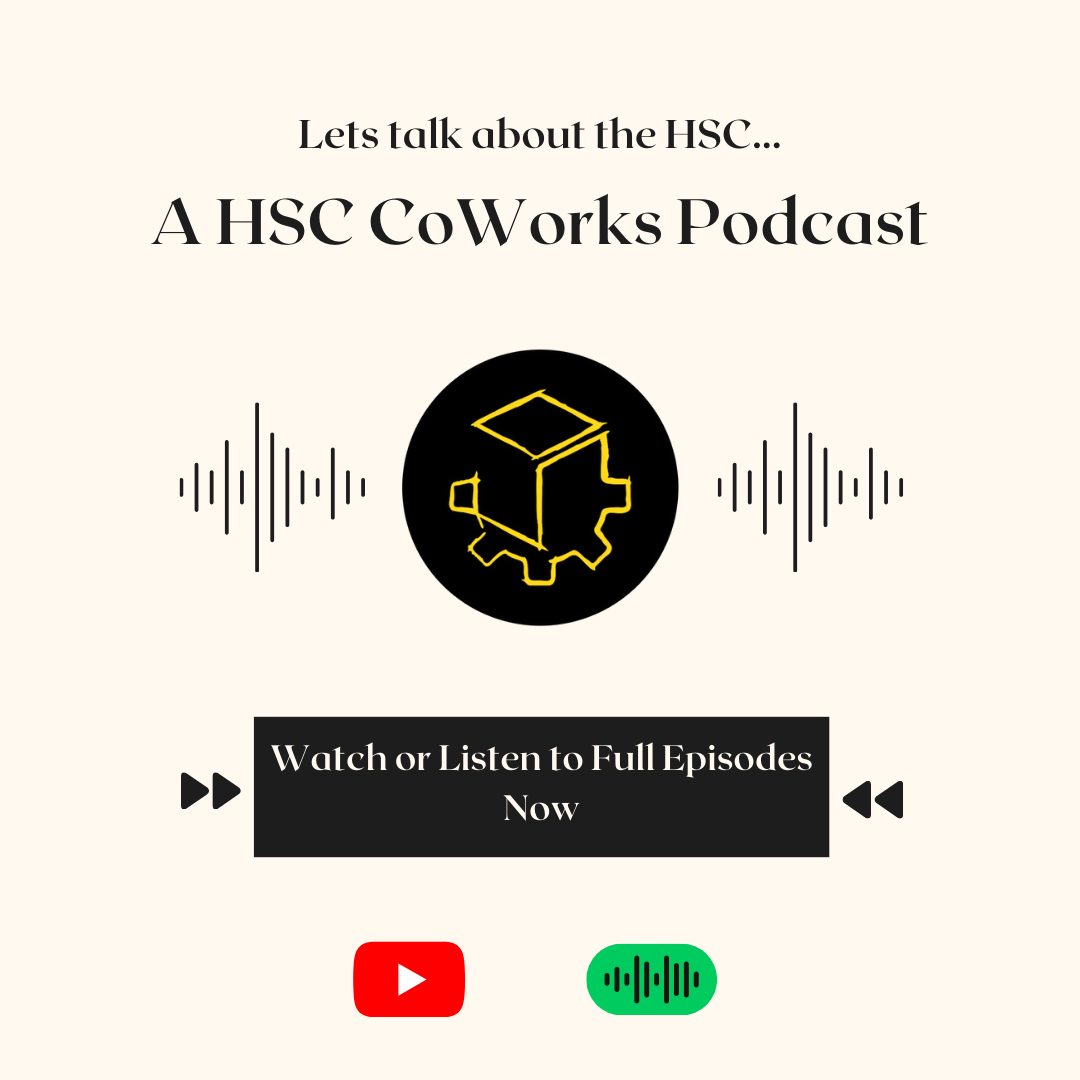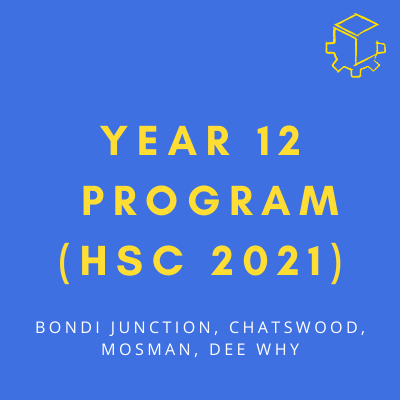Well, the great Greek philosopher Heraclitus certainly got it spot on when he wisely said “the only thing constant is change.” One might even be tricked into thinking he was talking directly about the NSW English Curriculum, which has definitely seen its fair share of changes over the years – and rightly so. We live in a dynamic, fast-paced world and our education must evolve as our society evolves. The curriculum (and its delivery) must adapt to the needs of the learner. So, here we find ourselves again, in the midst of the implementation of a new Preliminary and HSC English Syllabus.
So, how big is the change? Well, it’s pretty significant this time around. Yes, there are new texts for study, yes, there have been some changes to the way students will be assessed by their teachers internally, yes, some of the courses take on a different focus, but, from my perspective, the biggest change is centred on the style of questions they’ll be asked in the HSC. In short, the predictability of the HSC exam question style has changed considerably for some topics. Until now, many students have ventured into their HSC exam with a pre-prepared essay for each question, hoping to adapt it to suit the question posed to them on the big day.
At HSC CoWorks, we have never encouraged this limited style of exam preparation as we believe it inhibits adaptability, creativity and innovative thinking: key skills needed for any young graduate to succeed, especially industries that revere this style of thinking.
You might be curious about how we’re feeling about the new syllabus? Well, pretty good actually. Our coaching methodologies align perfectly with these changes and we feel confidently placed to effectively guide our students through this change. We are very happy to see that the new style of examination

Yes, the changes are significant, and this will always cause a certain amount of discomfort – but that’s where the magic happens, right outside your comfort zone.











